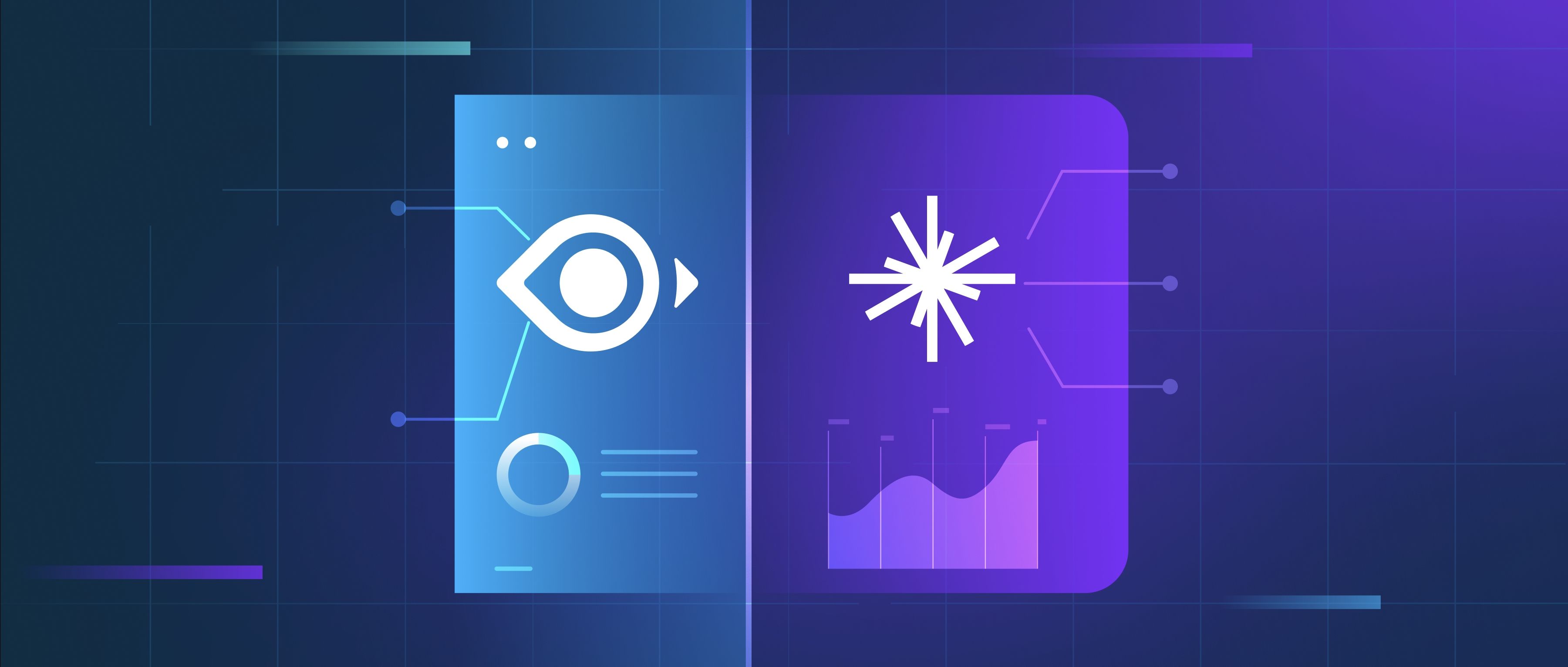LLMs, as they exist today, are not capable of achieving general artificial intelligence (AGI). AGI refers to a system with human-like intelligence that can perform any intellectual task across domains without task-specific training. In contrast, LLMs are highly specialized tools that rely on patterns in training data to perform specific tasks, such as text generation or coding assistance.
While LLMs excel in narrow domains, they lack attributes like reasoning, long-term memory, and the ability to understand abstract concepts. Their outputs are limited to probabilistic predictions based on prior knowledge, and they cannot independently acquire new skills or self-improve without retraining.
Advancing toward AGI would require breakthroughs in areas like common-sense reasoning, causal understanding, and adaptive learning. While LLMs contribute valuable insights to AI research, they are a stepping stone rather than a direct path to AGI. Current efforts in developing AGI focus on integrating symbolic reasoning, dynamic learning, and multi-modal capabilities into AI systems.
